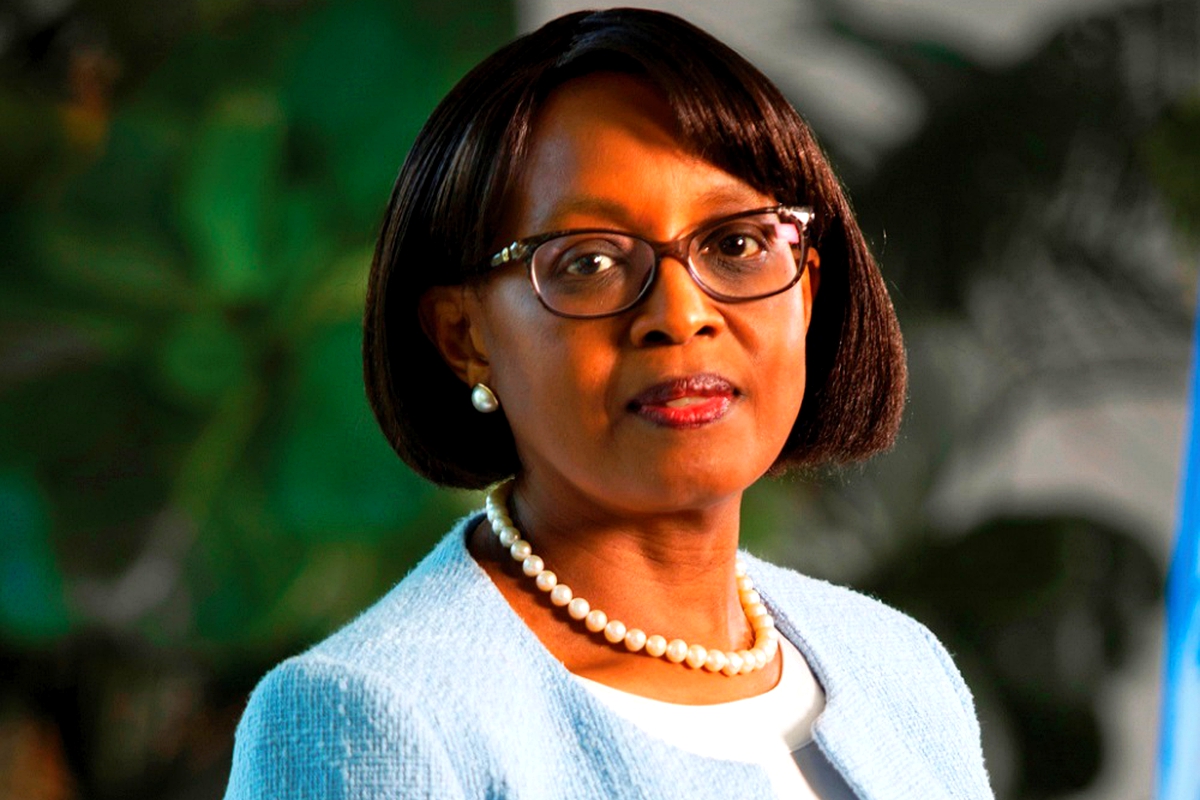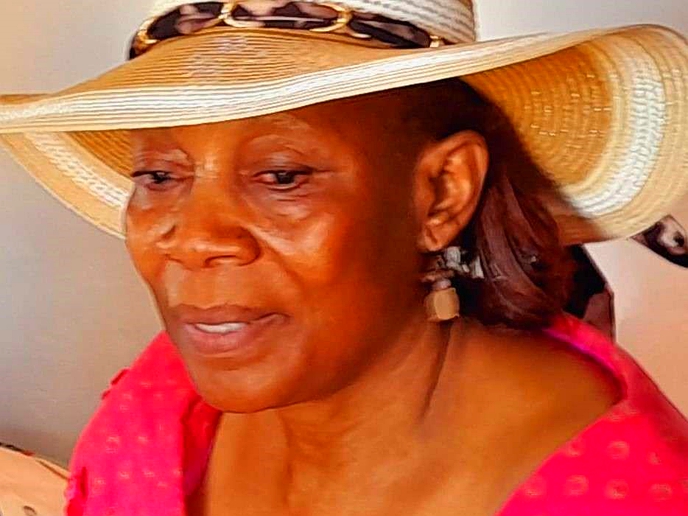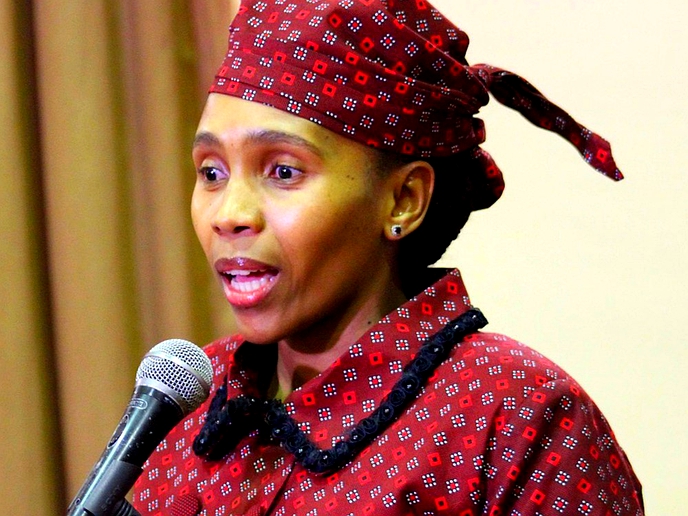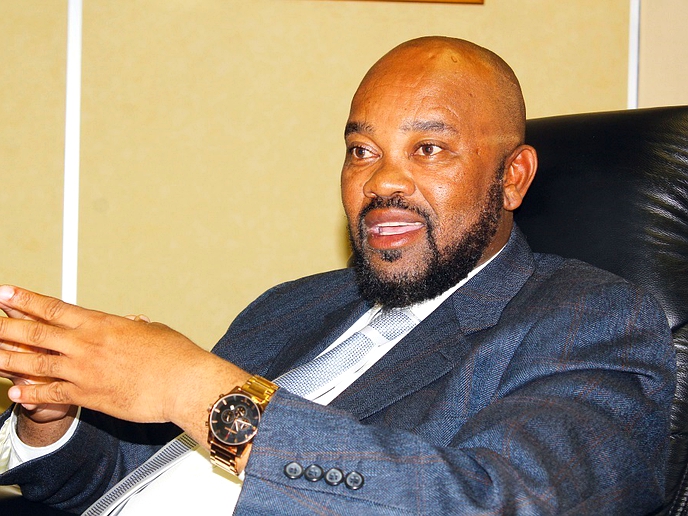IN the first three weeks of 2023, Africa recorded around 21 000 COVID-19 cases, a 97 percent decline compared to the same period last year.
health
Jan. 31, 2023
LENA
3 min read
Africa records high number of COVID-19 cases

WHO Regional Director for Africa, Dr Matshidiso Moeti
Story highlights
This was stated by World Health Organisation (WHO) Regional Director for Africa, Dr Matshidiso Moeti when presenting the latest COVID-19 trends in the region in the fourth year the World continues to deal with the pandemic.
She said this is positive, even though they see increases in South Africa, Tunisia, and Zambia, adding that this is the first month of January that is not marked by post-festive season searches since the pandemic began.
This week Lesotho recorded 69 new cases against the 34 reported last week across the country.
As Lesotho has recently reported 34 positive cases of COVID-19, a higher number than it has currently used to record, he said it might be a wake-up call to Basotho to get ready for new variants.
Recent COVID-19 results published by the National COVID-19 Secretariat (NACOSEC) through the Ministry of Health show that the country is currently standing at 35 359 positive reported cases and a cumulative number of 709 related deaths.
Like last week, Mafeteng still has the highest infection rate with new 22 cases, followed by Maseru at 16 cases and Butha-Buthe at 14.
Moeti said testing is, however, low while hospitalisation due to COVID-19 has also decreased rapidly, adding that weekly deaths have also dropped by 99 percent compared to the same period in 2022.
She said with the evolving pandemic trajectory so should the approaches, adding that they are hopeful the continent is transitioning from the emergency response mode to living with the virus as the new normal.
Despite the low number of cases, she said countries must maintain the capacity to rapidly detect an upsurge at the local level and immediately scale up their response at the first sign of the unusually high number of cases.
She further said investments in the COVID-19 fight over the last four years have yielded successful results that will stay even beyond the pandemic.
Enjoy our daily newsletter from today
Access exclusive newsletters, along with previews of new media releases.
The region, she noted, is better able to cope with the virus and its health emergency systems have been boosted.
She said the capacity for intensive care will benefit other health problems, therefore, thanking all their member states for working with them to protect people’s lives.
She attributed this success to the cooperation of communities, with the involvement of community-based organisations as trusted messengers, working at the grassroots levels to ensure that health centres provide quality care.
However, she stated that with variants continuing to circulate, it is important that countries stay alert and have measures in place to effectively detect and tackle any upsurge in infection.
She revealed that in Africa, Botswana and South Africa are the only countries to have detected the XBB.1.5 Omicron sub-variant, one of the sub-lineages with public health implications.
She added that Genomic sequencing has slowed down as COVID-19 testing rates have declined.- LeNA
Tailored for you






